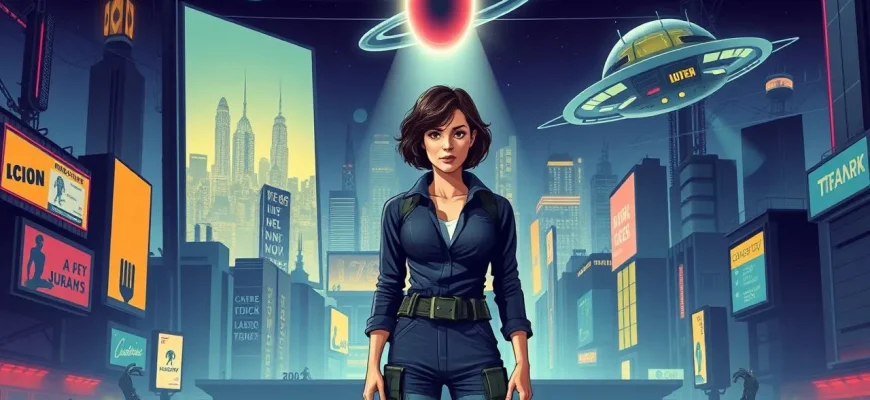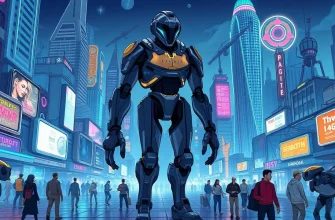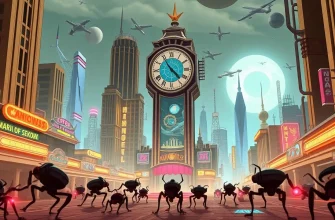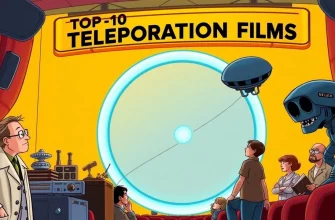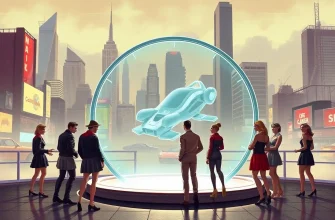In the realm of science fiction, the concept of implants has always been a fertile ground for exploring themes of identity, control, and the future of humanity. This collection of films not only entertains but also provokes thought on the ethical and philosophical implications of technological advancements. From mind-bending thrillers to dystopian futures, these films offer a fascinating look at what might happen when technology and biology intertwine.

The Matrix (1999)
Description: While not solely about implants, the film's premise involves humans being used as batteries with their minds plugged into a virtual reality, exploring themes of control and reality through technology.
Fact: The Wachowskis developed the concept for "The Matrix" over several years, drawing inspiration from various sources including anime and cyberpunk literature.
 Watch Now
Watch Now
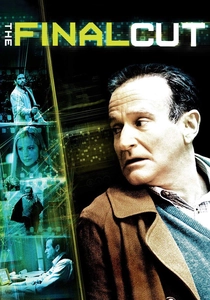
The Final Cut (2004)
Description: In a world where everyone has a brain implant that records their entire life, "cutters" edit these memories after death, raising questions about privacy and the nature of memory.
Fact: The film was Robin Williams' first role in a science fiction film. The concept of memory implants was inspired by the idea of life-logging.
 Watch Now
Watch Now
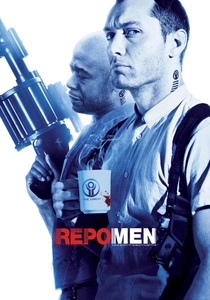
Repo Men (2010)
Description: In a future where artificial organs can be bought on credit, repo men are tasked with repossessing these organs if payments are missed, exploring the dark side of medical implants.
Fact: The film was originally titled "The Repossession Mambo." The script was on the Black List of best unproduced screenplays in
 Watch Now
Watch Now

Ghost in the Shell (2017)
Description: A cyberpunk classic, this film delves into the life of Major Motoko Kusanagi, a cyborg with a human brain, as she investigates a hacker who can infiltrate human minds via cybernetic implants.
Fact: The film is a live-action adaptation of the iconic anime of the same name. Scarlett Johansson underwent extensive training to portray the Major.
 Watch Now
Watch Now

Elysium (2013)
Description: Set in a future where the rich live on a space station with advanced medical technology, including healing beds that can cure any ailment, exploring themes of class disparity and technological implants.
Fact: The film's director, Neill Blomkamp, also directed "District
 Watch Now
Watch Now
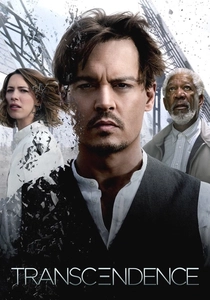
Transcendence (2014)
Description: When a terminally ill scientist uploads his mind into a computer, his consciousness evolves into an AI with the power to control technology, including human implants.
Fact: Johnny Depp, who plays the scientist, was also a producer on the film. The film's title refers to the concept of surpassing human limitations through technology.
 Watch Now
Watch Now
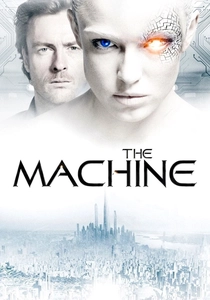
The Machine (2013)
Description: A scientist creates an AI with human emotions, leading to ethical dilemmas about consciousness and the integration of AI into human society through implants.
Fact: The film was shot in Wales, UK, and features a mix of practical effects and CGI. The director, Caradog W. James, also wrote the screenplay.
 Watch Now
Watch Now
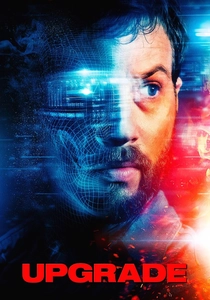
Upgrade (2018)
Description: This film explores the dark side of technological enhancement when a man receives a spinal implant that gives him superhuman abilities, leading to a thrilling quest for vengeance.
Fact: The film's director, Leigh Whannell, also wrote the screenplay for the "Saw" franchise. The film was shot in just 27 days.
 Watch Now
Watch Now

Strange Days (1995)
Description: Set in a near-future Los Angeles, this film features a device that records and plays back human experiences, exploring the implications of memory implants and virtual reality.
Fact: Kathryn Bigelow, the director, was the first woman to win an Academy Award for Best Director. The film's concept of recording memories was ahead of its time.
 30 Days Free
30 Days Free
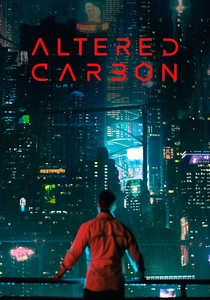
Altered Carbon (2018)
Description: In a world where consciousness can be transferred between bodies via cortical stacks, this series examines the implications of immortality and identity through technological implants.
Fact: The series is based on Richard K. Morgan's novel of the same name. The term "Altered Carbon" refers to the synthetic material used in the cortical stacks.
 30 Days Free
30 Days Free

